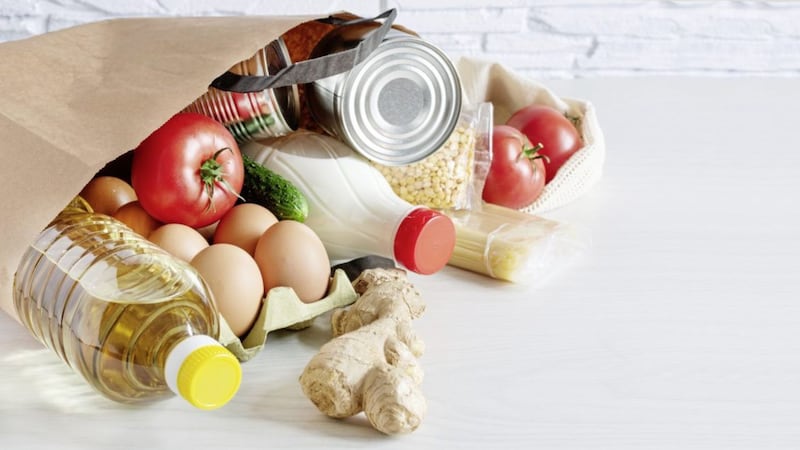IF you’re in your 20s, that makes you a member of Generation Z, and I have news for you. Vladimir Putin hates you.
How do we know? Because he is making you feel poorer than anyone else in the working population.
Following Vladimir’s incursion into eastern Ukraine, oil prices have begun to spiral and have already reached a high of $99 per barrel, with experts predicting they will rise over $100 very soon. Meanwhile our already extortionate gas prices will also shoot up, as we are heavily dependent on Russia for gas as well.
Nearly a fifth (18 per cent) of our diesel is made from Russian oil, and they also supply 3 per cent of our gas. However, our gas price is linked to the supply price for other European countries, many of whom actually rely on Russia for 40 per cent.
Separately, and mainly as a result of inflation following the pandemic, food prices in general are up 4.3 per cent on last year, but the staples in our diet have been hit hardest by price rises: pasta, eggs and milk are all up over 8 per cent.
Research shows that only 14 per cent of Generation Zedders have enough spare cash to weather rising prices, compared to 52 per cent of Millennials (in their 30s), 64 per cent of Generation X (in their 40s and 50s), which probably includes your parents, and 60 per cent of Baby Boomers (the post-war generation now in their 60s).
But energy costs aren’t your only financial worry. Zedders in their 20s are vulnerable to the rising cost of living for other reasons, too.
First, you’re more likely to have a lower income, and more likely to be renting rather than owning your own home. Renters tend to spend nearly a third of their income (31 per cent) on their rent, while home owners, who tend to be older and higher-earning, spend only 18 per cent of their income on their mortgage.
Single zedders are also at a big disadvantage: less than half (44 per cent) of them can hack it when prices go up, compared to 80 per cent of couples.
If sanctions are imposed on Russia in the coming weeks, the Russians will hit back by cutting down or cutting off our oil and gas supplies, and the pain will only increase when the UK’s price cap on energy goes up to 54 per cent in April, pushing prices up even further.
In February, over three quarters of working adults said they had felt the pinch as their cost of living increased over the previous month.
The current tough choice that many of us face - ‘heat or eat’ - could get even tougher and become ‘can’t heat OR eat’. How long can our finances stand this?
Given the current uncertainties and the possibility of continued conflict in Europe, combined with the possibility of persistent high inflation post-Covid, those in their 20s could be well advised to plan now for a harsher financial reality in two, five, or ten years’ time.
Don’t let ‘Mad Vlad’ over there in the Kremlin keep you from your Friday night out with the gang! Come in for a chat with us today.
:: Michael Kennedy is an independent financial adviser and pensions specialist and can be contacted on 028 71886005. Further information on Facebook at Kennedy Independent Financial Advice or at www.mkennedyfinancial.com








